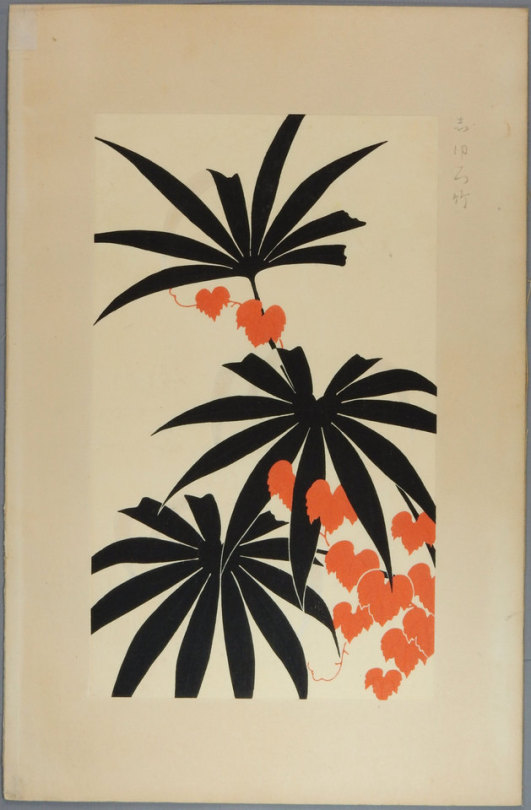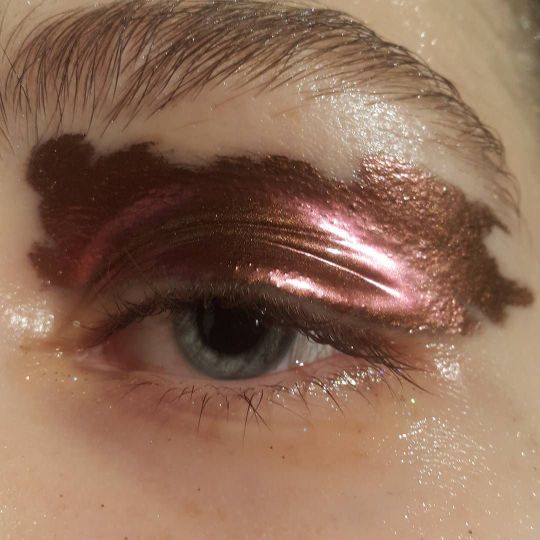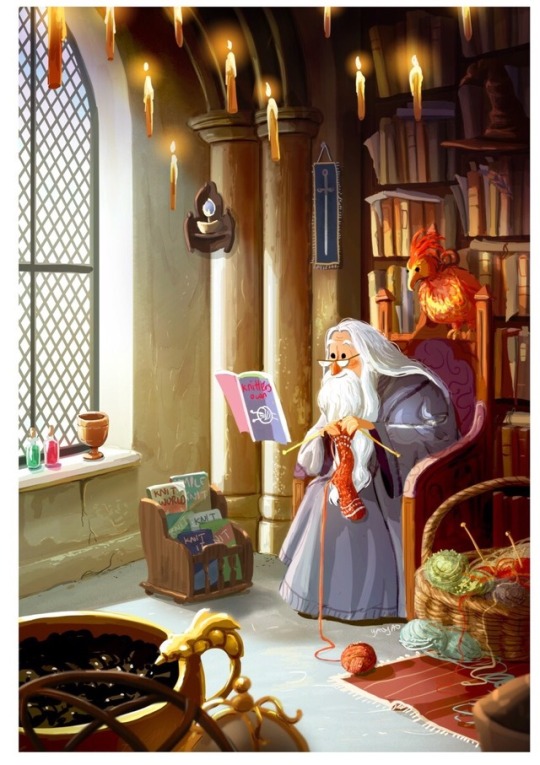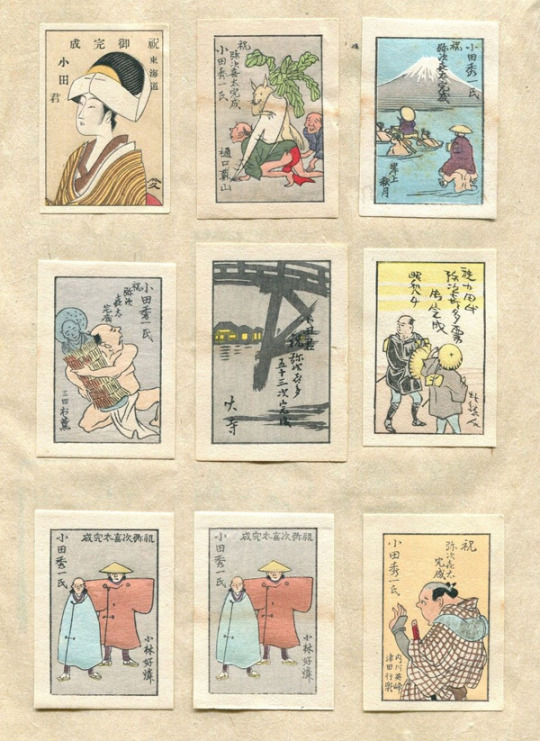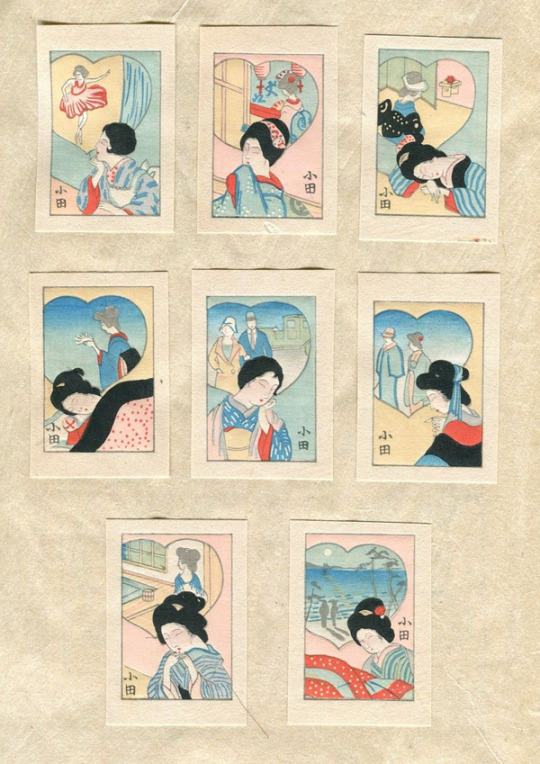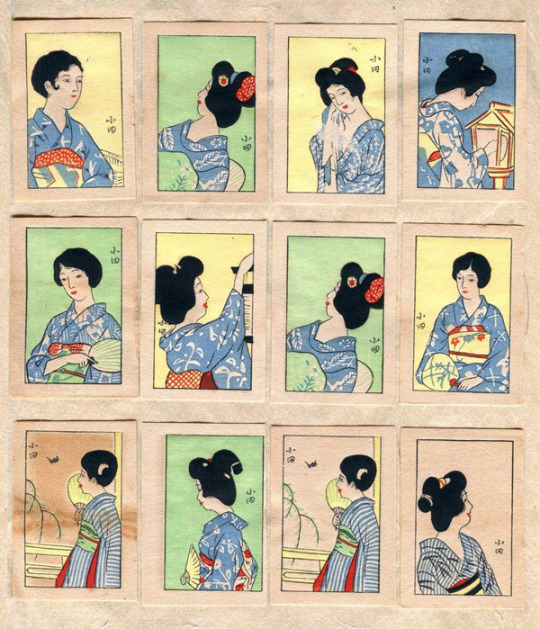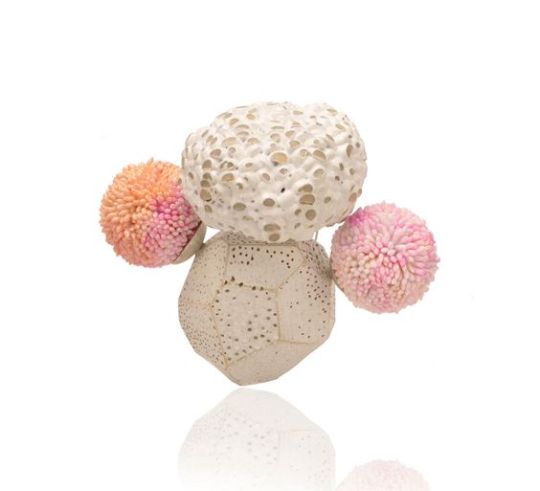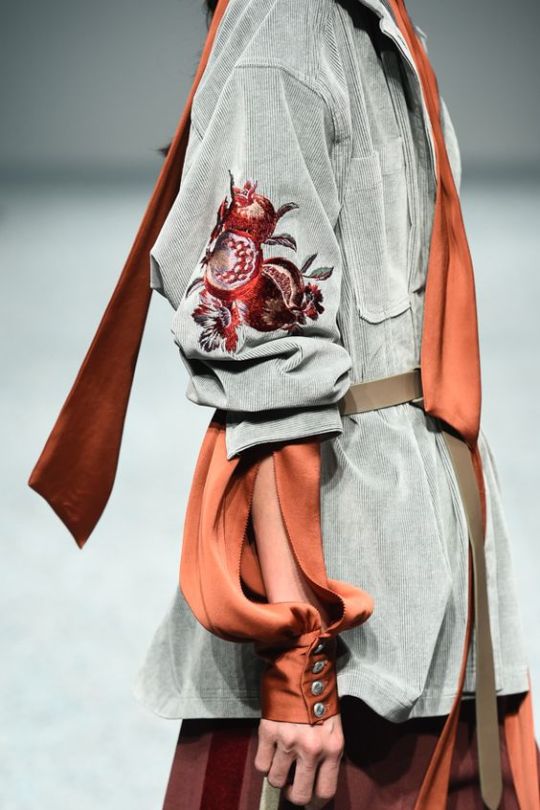Text
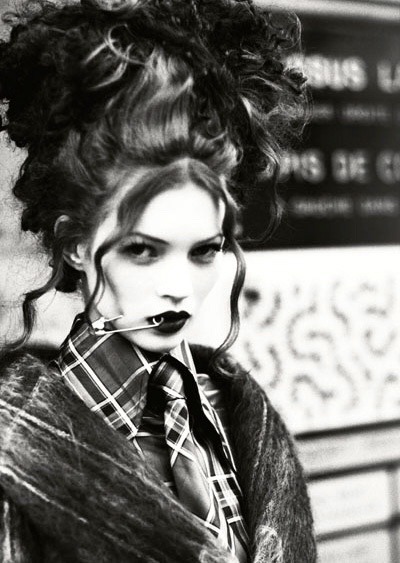
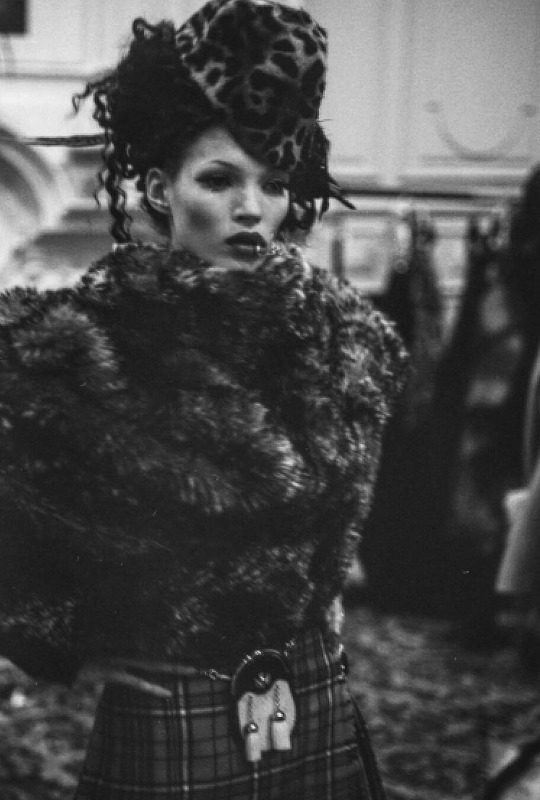
Kate Moss for Vivienne Westwood Fall/Winter (1993) Photography By: Ellen von Unwerth & Gavin Bond
1K notes
·
View notes
Text
My thoughts on the ending of banana fish
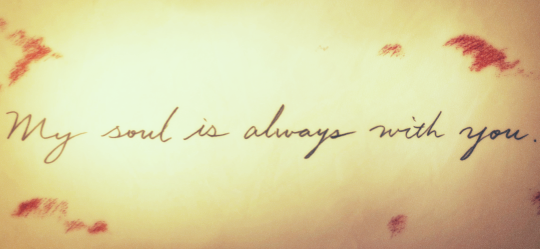
Banana Fish ended on the 20th, and then onward, a lot of posts have been made regarding the ending and what people thought about it. I’ve seen mostly negative posts, where fans were openly hostile to the ending and I get where they are coming from. There was the occasional positive response, and I understand their views too.
My stand on BF and whether the ending was justified falls on the grey area. I tend to oscillate between hating the ending, and liking it for being a powerful, emotional, and haunting experience. Why can’t I decide? Because I’ve got questions I just can’t justify in my head. I can’t come to a reasonable conclusion because of the loose ends that I feel were left in the manga by the author.
This is not meant to be an emotional rant, please bear in mind. I finished the manga back in July, and I’ve had months to ponder over these questions, and reached no conclusion.
Hence, I’ll just place the specific issues I personally had, and hope that, I’ll eventually figure out why it was created the way it was.
I’ll divide this post in 3 parts :
1. The events leading up to Ash’s death
2. Ash’s choice to die
3. The role that other characters played, and why the author chose to ignore their “fates” if you will, and only deemed it necessary for ash to meet his end in that way
I’d like to thank @angofwords, @lynxash @yoru-no-gaspard @ash-callenreese @saishii , with whom I discussed this over months, and finally @shu-kaku, who practically kicked me in the butt to get me to write this post, because I wouldn’t shut up about the arguments :’D
Also, to @zaenaris and @soso1777, my replies have been abysmally late, but here is what I had planned to say in response to you both.
A. THE EVENTS LEADING UP TO ASH’S DEATH
The battle at Mannerheim’s institution finished with Dino, Foxx and Mannerheim dying. Blanca, Sing, Ash, Cain, and all the gang members return safely, with few casualties on their side.
Afterwards, there were clearly two days before the manga ended : Day 1 , where Sing confronted Yut Lung, and Ash and Blanca talked in the park.
Day 2 : where Eiji leaves for Japan, Sing gives Ash the letter, Ash gets stabbed, the story comes to an end.
My question is regarding the behaviors of the characters in these two days, or rather, how Yoshida-sensei chose to write them.
Firstly, Sing Soo Ling, the very competent gang leader, who knew that his brother, hell bent on hating Ash for being a “monster who killed Shorter” and apparently on the mission to “harm Sing” , was missing, never once thought of tracking him down? Provided he had two days at hand? Sing had cleared his animosity with both Ash and Yut Lung, and I’m pretty sure, as a gang leader, he had conveyed both these details to his underlings. Therefore, it’s unlikely, that Lao, could NOT have heard it from at least one person in the gang (even if he was not a part of it anymore, I’m sure he had people close to him), if not from Sing directly. Lao was the only family member Sing had in the Chinese gang, so it seems a very far stretch that he would not have made any effort to get him back in the ring.
Ignoring the above question, assuming Sing was very busy, or the question escaped his mind, my second problem, Lao Yen Tai.
He was under the impression that Ash was a deadly enemy to Sing. His goal : kill Ash anyhow, even if he died in the process, so that Sing could be saved.
So, on that day, he followed Ash around (there is no other way he could have known Ash was at the library)
This is him spying on Ash and Sing talking in the reading room :
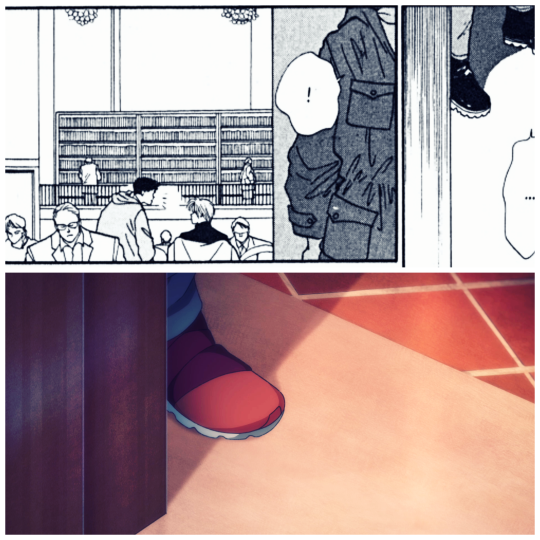
Ash and Sing then went outside, and argued loudly for sometime. Lao, of course, followed them, and saw Sing and Ash yelling at each other. Sing ran away, very much unharmed, and alive, after yelling at Ash Lynx’s face. Lao saw the whole thing.
So, my question is, Lao DID NOT come out of nowhere, he was observing the whole exchange. If Ash Lynx was bent on killing Sing, or fighting him one on one, he had plenty of room to do so, but he didn’t. so, why didn’t Lao, go after his brother, and try to clarify the situation before going at Ash on a suicide mission? The excuse that he was “scared and confused and wanted to protect Sing” breaks down here. Logically speaking, Lao should have followed Sing, instead of going at Ash with a dagger. But Yoshida mysteriously chose to overlook this.
Third question : the blatant disregard for reality, in the following situations :
1 A gunshot going off, no one comes to investigate
2 Ash drips blood all over the staircase and goes back to the reading room
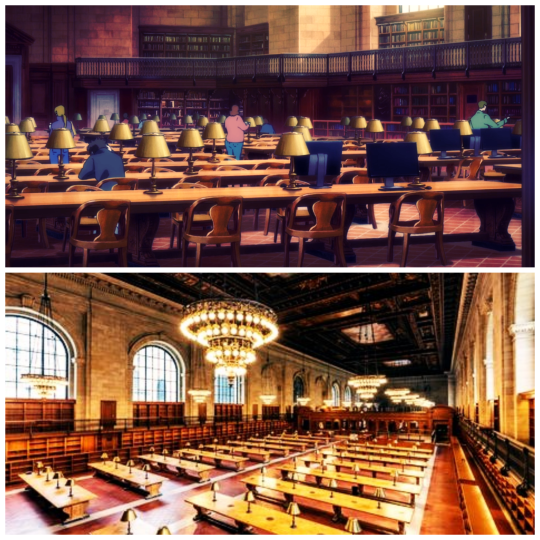
No one notices
3 A human being bleeds out, sitting in a chair, in what I’m assuming is the Rose Reading room of the NYPL, which is very much NOT CARPETED and no one notices the blood (~3 to 4 L of bleeding is needed for an average human to collapse and die) in fact, in the screenshot I see, there is NO BLOOD, running out on the floor, not even a single splotch.
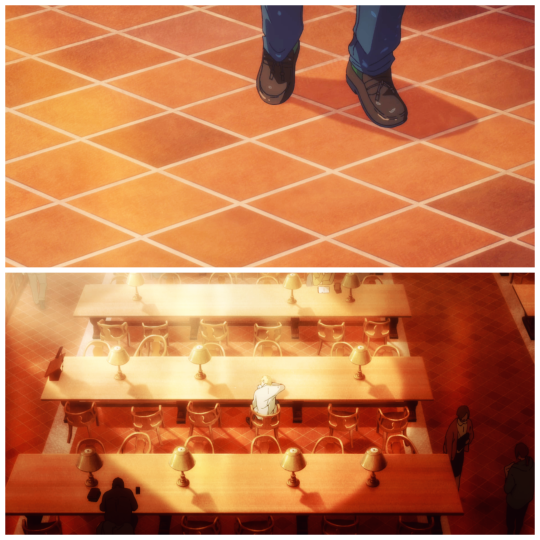
Very interesting choice on both the author’s and animators’ parts
4 Also, since the anime time-line is the present day, I’m assuming there will be stuff like surveillance cameras present, so, my question is, what were the security people doing?
The readers are expected to keep the sense of reality suspended for all of the above points.
B ASH’S CHOICE TO DIE
First off, I’m a staunch believer, that Ash wasn’t suicidal, and that he didn’t actively go out and seek situations that would put him at risk of dying. I don’t know how the fandom views him as, but to me, Ash is an extremely resilient human being, and he wouldn’t give up his life just like that unless something major was at stake.
Ash says in ep 13, at the pier, that “there were times I felt that death would be a better option than what I was going through at those moments”
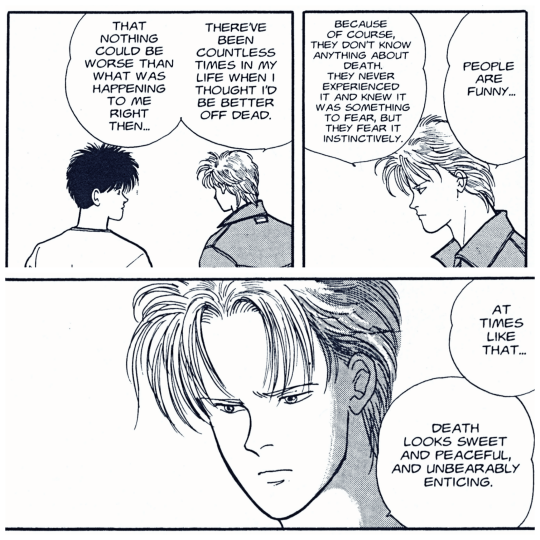
This is not the statement of someone who was trying to give up his life willingly, but only considering that choice under extreme situations. Ash had gone through a lot, more than any one of us, and especially me, who has had zero experience of depression or CSA or trauma of that nature, can fathom. And of course, there were times he felt that death would end his suffering, but also, he had a strong desire for survival and freedom from all that he was going through, and the goal to get revenge on those who had wronged him.
In Angel Eyes, he says this to Shorter, and I think that’s proof enough of how Ash was ready to bend his horrible destiny to his favour and survive whatever he was going through.

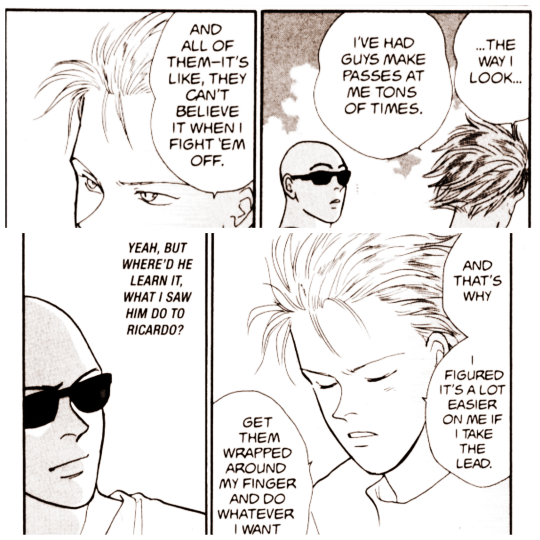
With all of that out of the way, I’ll point out the reasons which (according to me), served as his reasons to choose to die:
Why Ash did not seek medical help/call out to someone : Ash’s legal status was still that of a criminal, a gang leader, and whatever might have been his reasons for committing those crimes (ie -for survival), the law wouldn’t see him as anything but that.
The reason Blanca prevents him form going after Eiji to the hospital after he is shot, is precisely this :
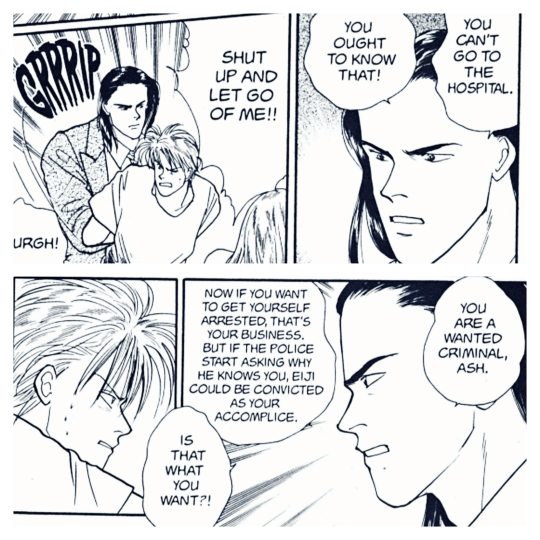
There would be too many questions about who he was, what he did, etc, and invariably, the police would’ve been called on him by the hospital staff, since he was technically being treated for a potential homicidal would (a stab to the abdomen). Ash would’ve been questioned by the staff, asked for records, etc. If the police got involved, he’d have been taken into custody after being recognised. Even if Jenkins and Charlie stood up for him, and his status as a victim in the Club Cod trials was taken into account, Ash would not have been able to escape some sort of legal penalty, imprisonment or otherwise.
On further questioning, the names of his accomplices, ie, Eiji, Blanca, Max, even Sing, would come into the light. That was a mess I’m sure Ash wanted to avoid.
Any sort of contact with legal or law enforcement was a big no no in Ash’s current situation, and remember that the police were already looking for Ash at that time, and how Eiji refused to give them his location.
Let’s assume that Ash goes to the hospital / is taken there by people who saw him bleeding out, and he is eventually tried for his crimes. His case is widely publicised, since he is the biggest witness/victim in the Club Cod case. The Corsican foundation was still active, and Ash Lynx was still a successor of Dino Golzine, who had previously bought legal custody of Ash from the state of New York, which means, Ash’s identity as A J Callenreese, was no longer valid. The Corsican hotshots would still come after him, one day or the other, in order to go after Dino Golzine’s empire.
I’m excluding petty gang violence from being a threat to Ash, since at this point, all the major street gangs of NYC were Ash’s allies.
The Govt officials being tried by the court were also potential enemies. Club cod trials would mean more exposure of the politicians, more risk of Ash being the target of thugs or assassins in revenge (like it happened before with Kippard, where he sent the female assassin after Ash in the hospital)
Considering all of this, it’s obvious to me why he didn’t want to drag his life on, especially after the stabbing was done.
A more poetic explanation would be : to keep Eiji safe. It’s needless to elaborate. Ash had already made up his mind that he would remove himself from Eiji’’s life altogether, since he couldn’t risk putting Eiji in the position where they would have to look behind their backs all their lives, or be on the run, or worse still, his enemies tracking back to his friends, including, Eiji, Max, Sing, (or even Blanca), to hold them as leverage to get back at Ash.

Yes, I do agree that his decision was majorly influenced by this wish to keep Eiji safe, forever, by choosing to get himself out of the picture, but only because he was put into the place of choosing in the first place by the author.
I don’t agree with stuff like destiny, or fate, or paying for your actions because of a mysterious force in the universe decided so, because all of those are apt for ballads and fairy-tales, not real life. The above were reasons I could come up under realistic settings. In an ideal black and white worlds, all crimes are punished and all wrong doings are judged fairly, but not in the world we live in , and certainly not in Banana Fish’s world, where the “good guys” paradoxically suffer much more than the “bad guys”.
I’ll also don’t agree with Yoshida on Ash having to “pay for his crimes, as he had blood on his hands, so he had to die” mindset that she allegedly had. If that logic is applied, then I don’t see why she applied it selectively to Ash and not to Banca, Yut Lung, or Sing or any other person involved in gang life.
Instead of that, I’ll see Ash’s death as his choice, and his alone, not because he had to pay, but because he had decided to let go of all this continuous tug of war with his life and end it on his own terms. I don’t think Ash would’ve liked to suffer alone, all his life, in imprisonment by the state (if he was caught), or being held captive by another Golzine/Foxx wannabe.
I respect and agree with his choice, even if it’s not possible for us to ever know for sure why he did it.
C. THE ROLE OF OTHER CHARACTERS
The best possible outcome for Ash’s story, as I see it, would be taking up Blanca on the offer, or at least, if not go to Caribbean, then let Blanca provide him means to remain in NYC in a safer way.
Blanca is an anomaly in Yoshida’s world. He’s the only person who mysteriously remains alive, despite being an assassin, and committing perhaps even more crimes than Ash. He not only escapes his work related enemies, but the entire USSR (during 1980s) and manages to remain under an alias/ second identity. He escaped from the Kremlin, and its ruthless organization, the KGB
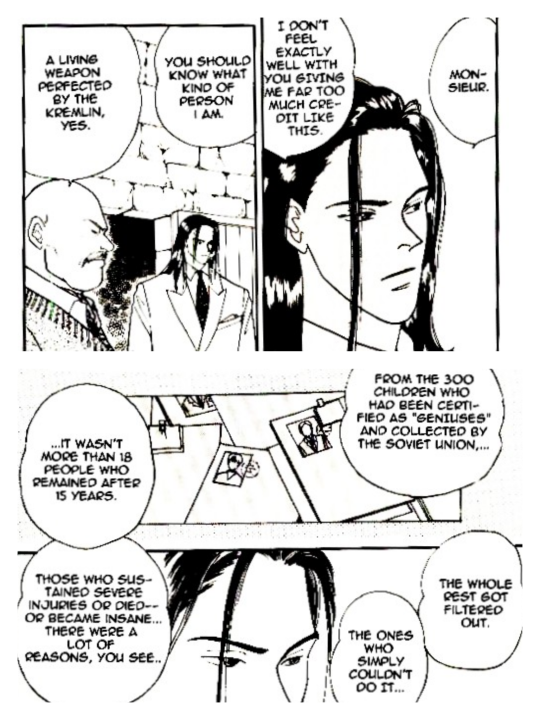
If living such a double life is possible in Yoshida’s world, then why did the author not find a similar way out for Ash? It looks a feasible option to me at least.
Second comes Yut Lung. His situation is made prey clear in the manga. The whole fiasco with Banana Fish was cleared up, the Lees died, Yut Lung got his revenge, and struck up a potential friendship / truce with Sing. It’s made clear that he repented his decisions to go after Eiji, or to get Ash to acknowledge his worth as a rival, by whatever means he could.
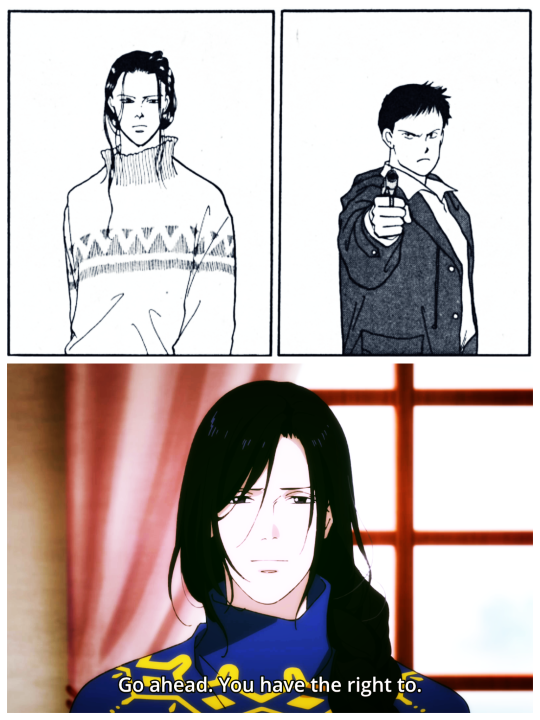
He let down Sing and Blanca by how he acted, who were the only two positive influences in Yut Lung’s life at that point. He would not have gone after either Ash or Eiji afterwards. So his status as Ash’s enemy was nullified.
The options open to Ash at that point (if the very stupid Lao fiasco did not happen) :
1. Live his life as a gang leader, and always stay on the lookout for his life from his enemies
2. Remove himself slowly from the violent life and maybe assume a different identity like Blanca did to escape all of that for good.
But under no circumstances can I see Ash and Eiji reuniting immediately after the canon events. Anonymous communication, or though friends like Max or Ibe-san, that I can picture, but not ash risking Eiji’s safety by meeting him. Not until years have passed, and Ash’s life became somewhat stabilised, if that were even possible.
It would have hurt, sure, but his unnecessary death could be avoided.
TL;DR :
My point is, I wouldn’t have been confused by Ash’s death or even agreed with it, if only it had been written in a more natural fashion, in accordance with the rules Yoshida set for the ENTIRE manga. She wrote Ash to be a superhuman being, dodging bullets from automated weapons, surviving gunshot wounds that would be fatal on other people, and being able to completely override the effects of anesthetic drugs, in the final battle at Mannerheim’s (as a med student, that is one fact the I find ridiculous, only because its so unrealistic, and impractical) and lots of other fantastical characteristics.
So, his death at the end felt like the author had already decided on having a certain ending, and then lazily arranged the characters and scenarios to fit her choice.
That’s why, my stand on the ending will remain ambiguous, because I cannot accept all these logical fallacies and call the ending realistic or well thought out. Did it pack a punch and make me cry? Yes. Was it haunting and emotional? Yes. But was it a justified or logical ending? No.
The decisions on Ash’s part were consistent with his overall characterisation, but not the circumstances which lead him to make that choice. The arguments that “Ash’s past will definitely catch up to him one day, so death was the best option” is pretty ambiguous. Even if it did, choosing Lao to stab Ash as an example of it, was poorly thought out in my opinion.
The points I wrote above are subject to faults, of course. This is just one way to look at it. Feel free to counter my points, I’m not a US citizen, and I don’t know how politics, law or gang life works there, hence, my reasoning is based off common sense and parallels under similar situations. Maybe I am wrong in certain aspects too. I’d love to hear what you all think.
2K notes
·
View notes
Photo

Mr. Takae Kato’s 加藤隆枝 daughter, from Fujin club 婦人倶楽部 magazine, colorised - Japan - 1933
Source Twitter @DigitalMixComp
527 notes
·
View notes
Video
midnite dressmaking by JUNKU NISHIMURA
Via Flickr:
Making kimono is a work of patience.
145 notes
·
View notes
Photo

Sol LeWitt
Wall Drawing 85, June 1971
Colored pencil on paper study
515 notes
·
View notes
Conversation
Employer: so tell me, why do you want this job?
Me: I must survive capitalism
436K notes
·
View notes
Photo
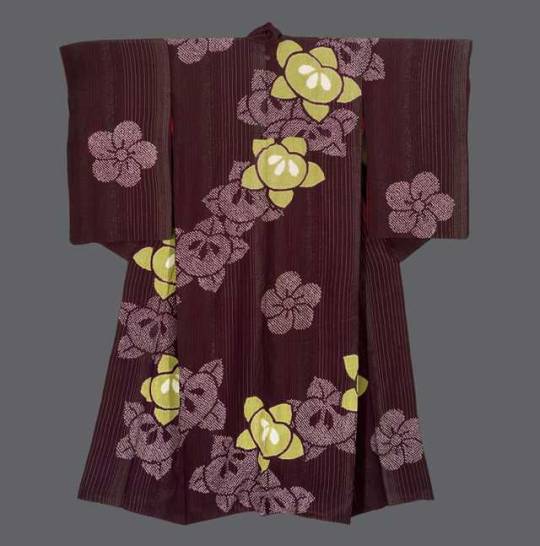
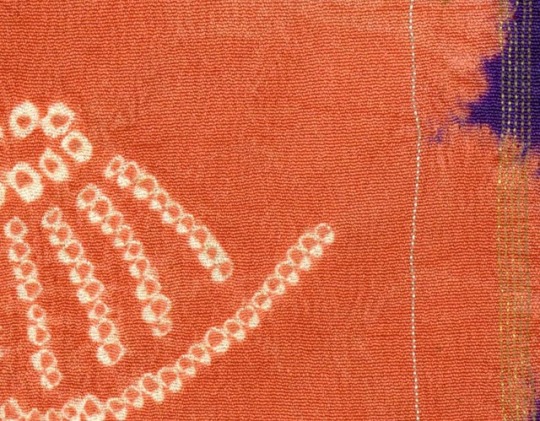
Shibori kimono. Taisho period (1912-1926), Japan. The Kimono Gallery. A silk kimono featuring shibori-dyed mandarin orange and plum blossom motifs. Vertical silver foil thread inserts provide highlights. There are two varieties of shibori tie-dyeing on this kimono: the yellow mandarin orange motifs were created by tying relatively large areas of cloth, while the white/lavender mandarin orange and plum blossom motifs were created by aggregates of tiny ties. Plum (ume) blossoms are often mentioned in Japanese poetry as a symbol of spring. Japanese tradition holds that the ume functions as a protective charm against evil, so the ume is traditionally planted in the northeast of the garden, the direction from which evil is believed to come. The main motif on this kimono is the mandarin orange (tachibana). As well as being associated with longevity, tachibana is thought to bring luck. When emperor Kanmu relocated Japan’s capital from Nara to Kyoto in 794. a plum tree was planted on the left and a tachibana on the right in front of the Imperial Palace. This is another example of Taisho-period artists taking traditional motifs, and presenting them in new ways.
124 notes
·
View notes

